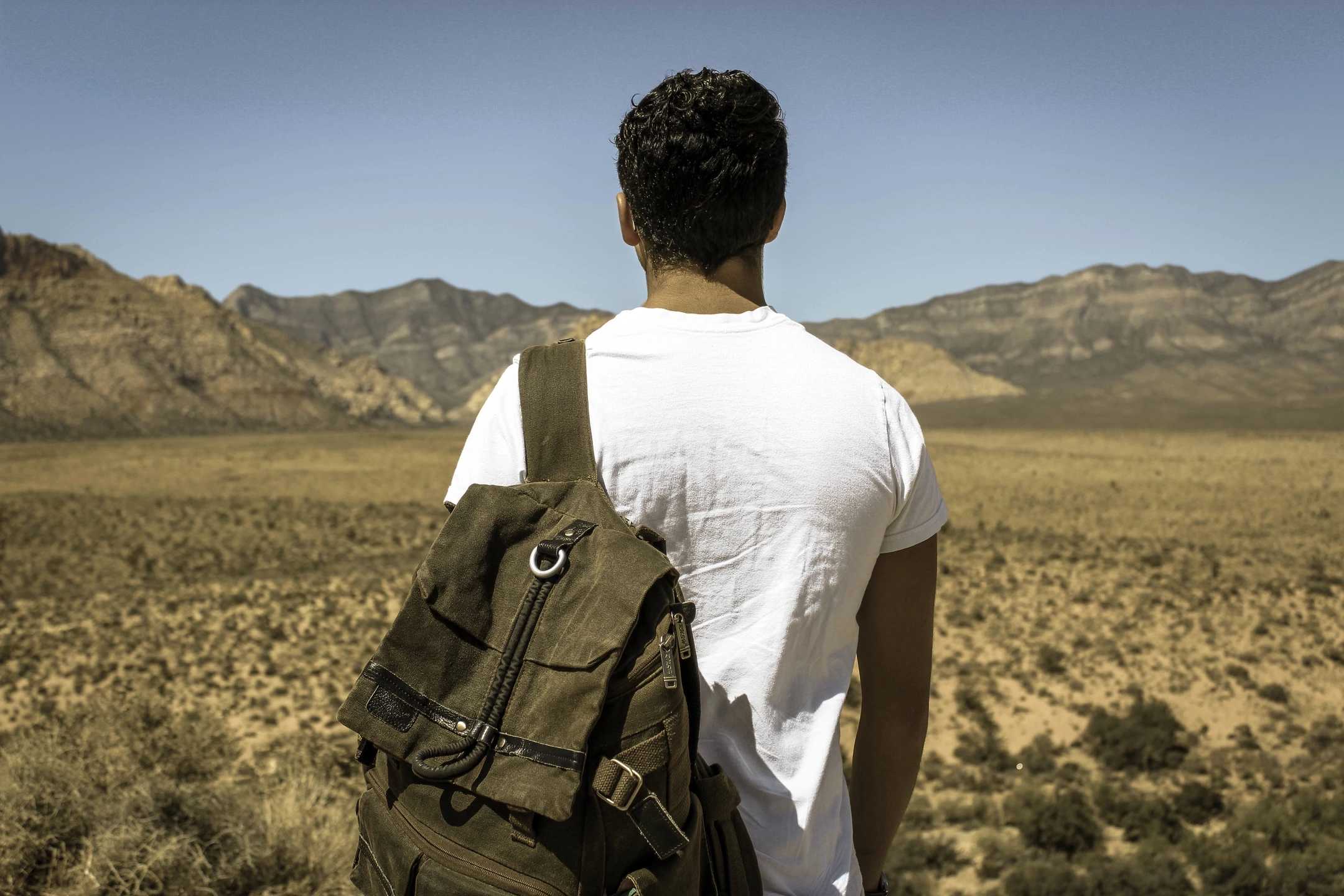An appeal to citizens
Here is a brief description of the Grand Jury in the United States, by the Italian investigative journalist Stefania Maurizi.
“The Grand Jury is an institution enshrined in the U.S. Constitution, but it plays a controversial role in the American criminal justice system. It is not a jury that rules on the innocence or guilt of a defendant on trial, rather it is a jury called upon to decide whether or not there are sufficient grounds to charge an individual. Closed to the public, to the press and to the lawyers of the persons summoned to testify, the Grand Jury operates in secrecy.”
These lines immediately called to mind the years of litigation the Lawyers’ Committee for 9/11 Inquiry has undertaken in its mission to bring to light — and before a federal Grand Jury in New York City — impressive quantities of vital evidence concerning the demolition on Sept. 11, 2001, of the Twin Towers and a third skyscraper at the World Trade Center.
The U.S. Supreme Court this week declined to accept an appeal of a lower court’s decision on the matter, and the Lawyers’ Committee is exploring other legal avenues. Attorneys Mick Harrison and Charlotte Dennett of the LC bring anyone interested up to date on the whole process, HERE, in an interview on the Internet program Crowdsource the Truth. (It was recorded the day before the Court’s decision not to consider the appeal.)
Some visitors to this blog should find the interview fascinating, even if they’ve listened to Harrison or Dennett speak on the subject before. Its importance becomes obvious because the Constitutional issues involved concern all Americans.
The quoted description about the Grand Jury is from Maurizi’s book Secret Power: WikiLeaks and Its Enemies. I’ve been reading it in preparation for writing a review for publication. I’m guessing one has not appeared in any “mainstream” magazine or newspaper since the English-language edition came out last fall (I’ll look), but it deserves the kind of respectful treatment it might get in, say, The New Yorker, The New York Review of Books, or The London Review of Books.
Here is my appeal: Please look at and listen to the interview, HERE. Please buy and read the book, which is not likely to be found on a shelf in your local public library. And please consider sending the LC a monetary contribution, however small, for its important work.
– – –
What follows is an update as of Jan. 15.
An Internet search indicates that, indeed, the New York Times, the Washington Post, the New Yorker magazine, the New York Review of Books, the London Review of Books, and the Nation magazine are among the newspapers and magazines that to date have not published a review of Secret Power or acknowledged the book’s existence.
Below are three additional paragraphs from it on Grand Juries:
“Grand Juries are so controversial as an institution that their abolition has been advocated for years. They have a lengthy history of prosecuting political activists and systematically pardoning policemen responsible for violent deaths. . . .
“They work in secret; they are formed by a prosecutor who presents the evidence to the jury, questions the witnesses, issues subpoenas for documents and witnesses, and offers witnesses immunity from any criminal consequences of their testimony. At the end of this process the jury must decide if there is sufficient evidence to indict the individual under investigation. The task of a Grand Jury is not to establish innocence or guilt: it is to decide whether or not the suspect should be indicted, that is to say, if there is sufficient evidence to send them to trial. All of this takes place with no exchange between prosecution and defense, because the Grand Jury does not unfold in the presence of a judge, nor of the suspect’s lawyers or witnesses.
“What happens behind the closed doors of a Grand Jury remains a mystery. It is the prosecutor who decides what evidence to present to the members of the jury who, as ordinary people, do not necessarily have any legal expertise: they must base their decision on what the prosecutor tells them. In selecting which evidence to present and which to omit, which witnesses to question and which to leave out, the prosecutor enjoys great discretion in the introduction of evidence that may incriminate or exonerate the suspect.”
